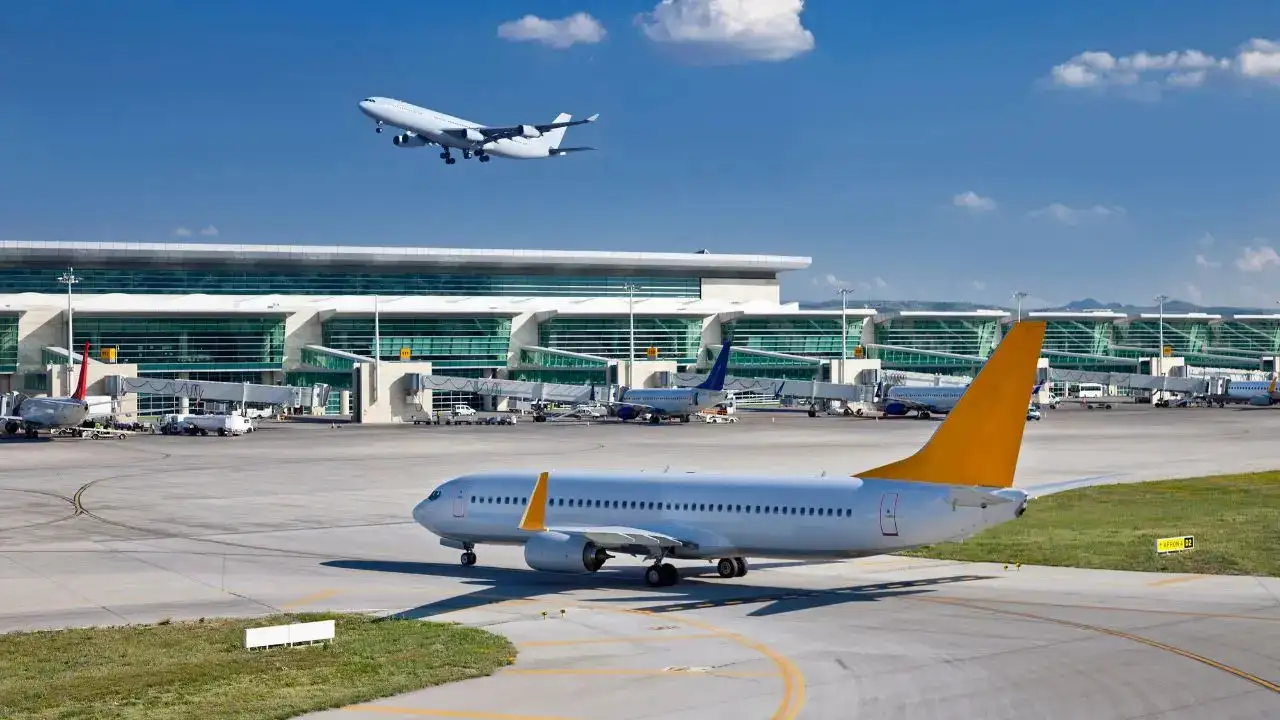The Indian government has temporarily suspended civilian flight operations at 32 airports across north and west India.
This decision, enforced from 9 to 15 May 2025, underscores the gravity of the current security landscape and the country’s emphasis on pre-emptive air defence. The directive was issued jointly by the Directorate General of Civil Aviation (DGCA) and the Airports Authority of India (AAI) under a NOTAM (Notice to Airmen), aimed at preventing potential aerial threats in the form of hostile unmanned aerial vehicles (UAVs). The order restricts all civilian aircraft from operating between ground level and an unlimited ceiling over designated strategic zones.
The affected airports include those in Amritsar, Srinagar, Jammu, Leh, Avantipora, Bhuj, Jaisalmer, and others—locations deemed highly sensitive due to their proximity to international borders or military bases. Additionally, around 25 major air routes within the Delhi and Mumbai Flight Information Regions (FIRs) have been closed, rerouting civil traffic and giving operational priority to military and emergency aviation. Senior officials from the Ministry of Civil Aviation confirmed that this shutdown is precautionary and part of a broader security strategy under Operation Sindoor, initiated to deter cross-border drone incursions and safeguard strategic assets. At least 26 instances of drone activity have been reported along India’s western border, including in Baramulla, Pathankot, Bhuj, and Lalgarh Jatta. Intelligence suggests some of these UAVs were equipped with explosives or reconnaissance equipment, raising red flags within the country’s defence command.
The Indian Air Force has placed its air defence systems—S-400 Triumf, L-70 guns, and other anti-aircraft units—on high alert across sensitive sectors, ensuring layered protection of airspace and rapid response capability. These efforts reflect a determined stance against infiltration attempts and the growing threat of airborne surveillance and sabotage via drones. The closure of these airports is not only affecting thousands of commercial flyers but is also reshaping airline operations, pushing carriers to revise schedules and reroute through unaffected hubs. While this creates short-term disruptions, aviation and defence experts stress that the decision aligns with national security imperatives and ensures civilian safety in a volatile environment.
Airlines have been instructed to notify passengers of changes well in advance, and alternate arrangements are being facilitated wherever possible. Authorities have advised travellers to check their flight status through official portals and to avoid last-minute travel unless essential. Despite the impact on daily air traffic, public sentiment leans towards acceptance, with most citizens acknowledging the necessity of prioritising national security in turbulent times. The airport closures may serve as a critical deterrent, signalling India’s readiness to protect both its skies and civilians against emerging threats.
As the situation remains fluid, the Indian government may extend or modify the current airspace restrictions based on daily assessments. Passengers and operators are advised to remain alert and flexible, as further advisories could be issued in accordance with the security developments.
Also Read: Delhi Airport Enhances Security Amid Regional Tensions


